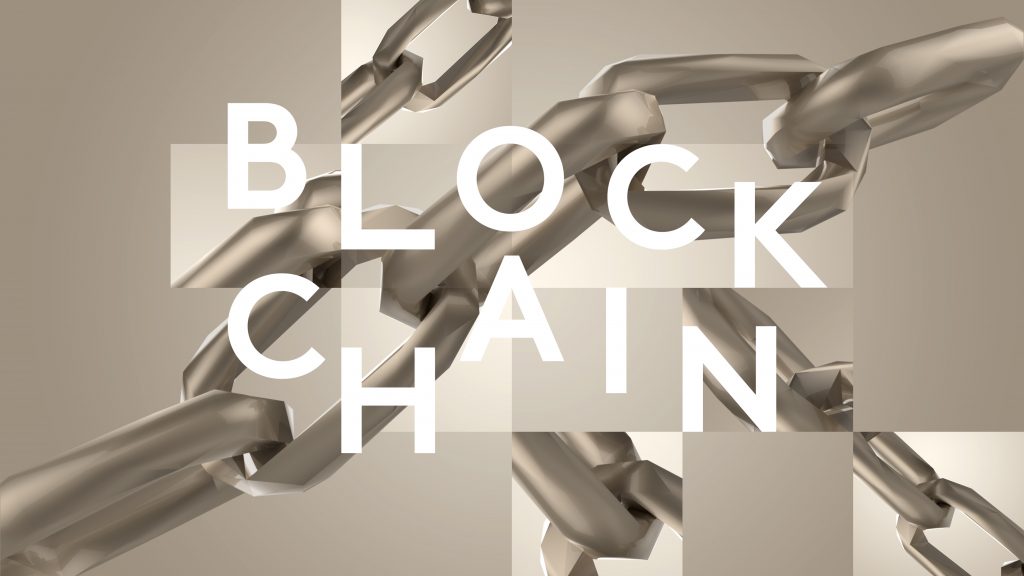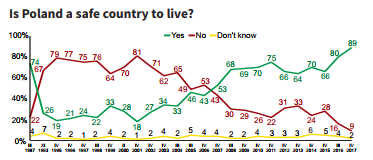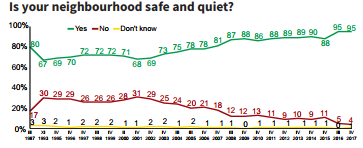Today, cyber security has become a major stake for the world of tomorrow. The protection of personal data as well as the defence against cyber-attacks targeting businesses became top priorities. And everyone, from the most humble of individuals to the most powerful government, is concerned. Faced with a dizzyingly fast evolving threat, innovation has become a prerequisite.
Whilst countries such as the United States or Israel are known to be dominant in cyber security, France is becoming pivotal to the sector thanks to a focus on breeding agile start-ups.
A dynamic sector
France currently has more than 110 start-ups or SMBs specialised in cyber security, which equals a little over 1,000 jobs. While these numbers seem a little low at first sight they are constantly increasingly, and the size of the market will probably more than double in the years to come.
Of these, around 60% entered the market to further develop existing types of cyber security technology such as network security or identity management. The rest are pushing beyond into new sectors and either creating new cyber security solutions or securing new technological uses for cyber security.
These start-ups and SMBs are not afraid of market consolidation. Despite strong competition in the cyber security sector, new entities are created each year, and we are seeing lots of new innovative solutions in the field of application security (Sqreen) or industrial systems (Yagaan, Sentryo and Seclab in particular). France is also very well positioned in the field of reverse engineering or cryptography with companies such as Cryptosense calling France home in part thanks to the French School of Mathematics, which allows start-ups and SMBs to have access to leading experts.
A favourable environment
In France, people have also taken full measure of the importance of cyber security, with numerous events that highlight and support innovative start-ups.
For example Assises de la Sécurité, which has become world renowned, has its own Innovation Award, for innovative SMEs and there is also the promiment innovation competition organised by Société Générale and Wavestone. These events also serve as matchmakers between start-ups and their investors which are mostly public and private players from the defence sector.

In addition several government programmes, sponsored by the ANSSI, exist to support start-ups, such as the “Programme Investissement d’Avenir“, which invests €22 billion euros in research, the Cyber Defence Pact and the Young Innovative Company status which reduces R&D costs, social security contributions and corporate tax. Numerous other associations are present in France in the field of cyber security, such as the Alliance for Digital Trust, Tech in France and Hexatrust. To tie all of this together, there is the “France Cyber Security” label, created to promote national cyber security solutions in France and abroad and increase their visibility and use.
Thanks to all these aids and initiatives, cyber security start-ups are doing well in France. But there is still a lot more to do.
Exploiting its full potential
However, whilst France has 228 national incubators and about fifty start-up accelerators, none are explicitly dedicated to cyber security. This is a weakness that must be corrected as soon as possible, especially since some aspects of cyber security, such as “deception” (providing false information to an attacker to slow him down) are still relatively ignored in France, whereas Israel and the rest of Europe have made it one of their priorities.
Similarly, French start-ups are only located around a few cities: Paris, Lyon and Rennes for the most part, the rest being scattered in the south of France. It still lacks a real area dedicated to the field of cyber security, such as the UK’s cyber security hub in Cheltenham.
But for France, to distinguish itself at the global level, it is not the number of start-ups, but the export of these companies abroad that counts. Some, like Tetrane and Quarkslab, are already internationally recognised. Qualys and Linkurious are also two examples of start-ups that have been able to export themselves well. However, it is more of an exception than a rule. Many others have identified the same problem, an inability to communicate effectively. French start-ups are far from the level of their international competitors in marketing, and struggle to sell their ideas.

Improving the international transition, diversifying into all aspects of cyber security and creating an area dedicated to this field are some of the vital points for improving the efficiency of French start-ups. France is fortunate to have a pool of dynamic young bosses, a true culture of innovation and real support, from the authorities as well as the media, companies and industry. There is truly a card to play – it just needs to be played well.





